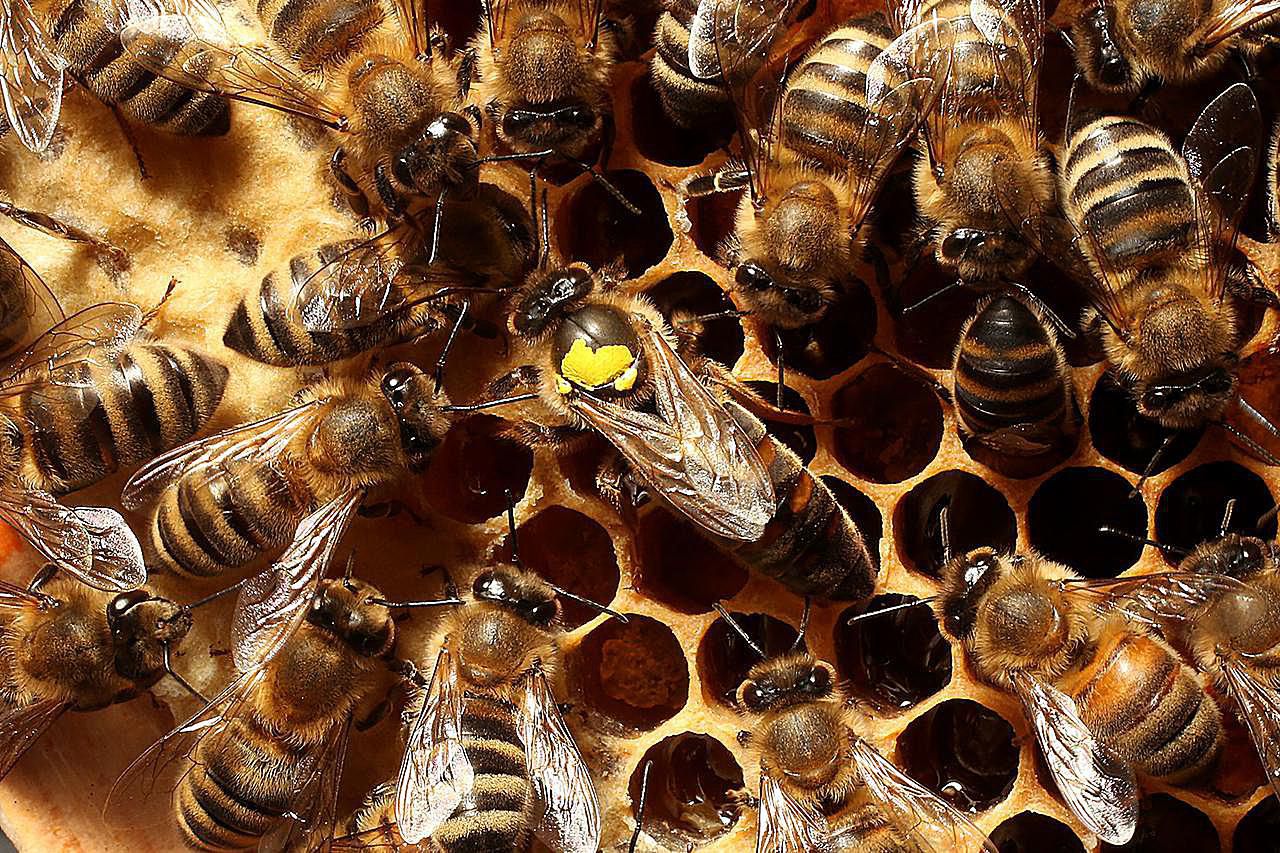
. . . . . . . . . . . . . . . . . . . . . . .............................................................................................. .......................... ............ ....................... . Education ........... ............................... ......................
August 6 2020

Being committed to identifying and conserving the Scottish native honey bee – Apis mellifera mellifera. In time, we hope this species will be the bee of choice for beekeepers across Scotland. This, however, is a long-term aspiration and in the meantime Amm breeding is very limited and the numbers of mated queens and nucs available to buy is low. This has been exacerbated by the last three summers in which queen mating has been poor, causing further difficulty in meeting demand.
There is one breeder providing Amm queens and nucs in 2020: Andrew Abrahams on Colonsay where he has been granted reserve status to protect his Amm bees:
Demand for queens far exceeds supply at present so priority is being given to Scottish breeding groups and those that have the benefit of isolation (for mating true).
The positive aspects of local queen
rearing and selection are: